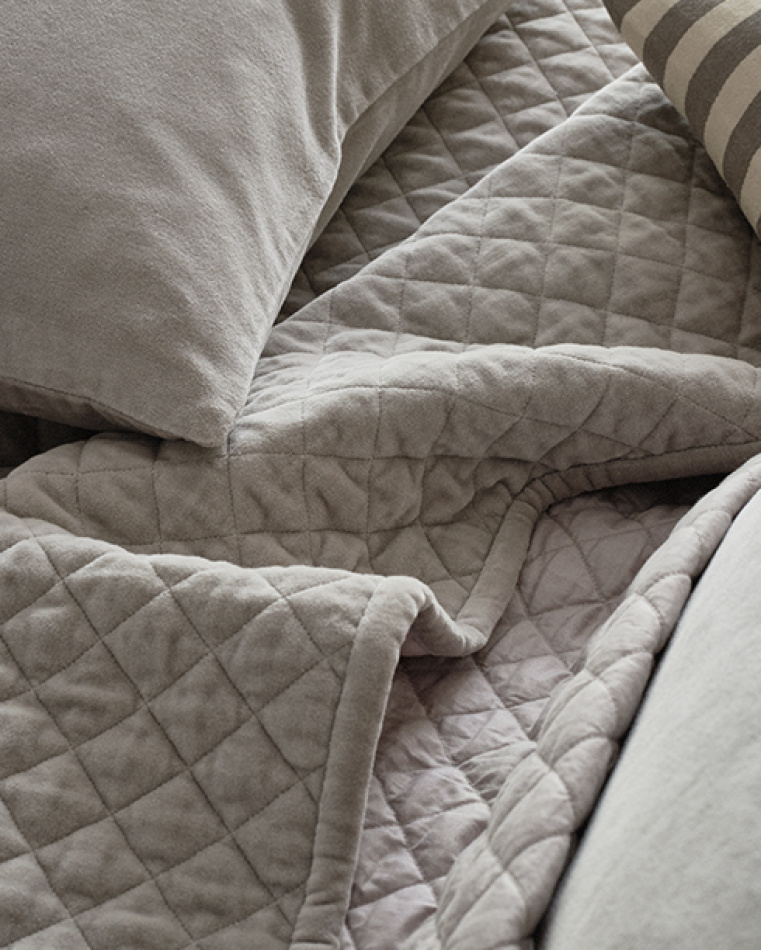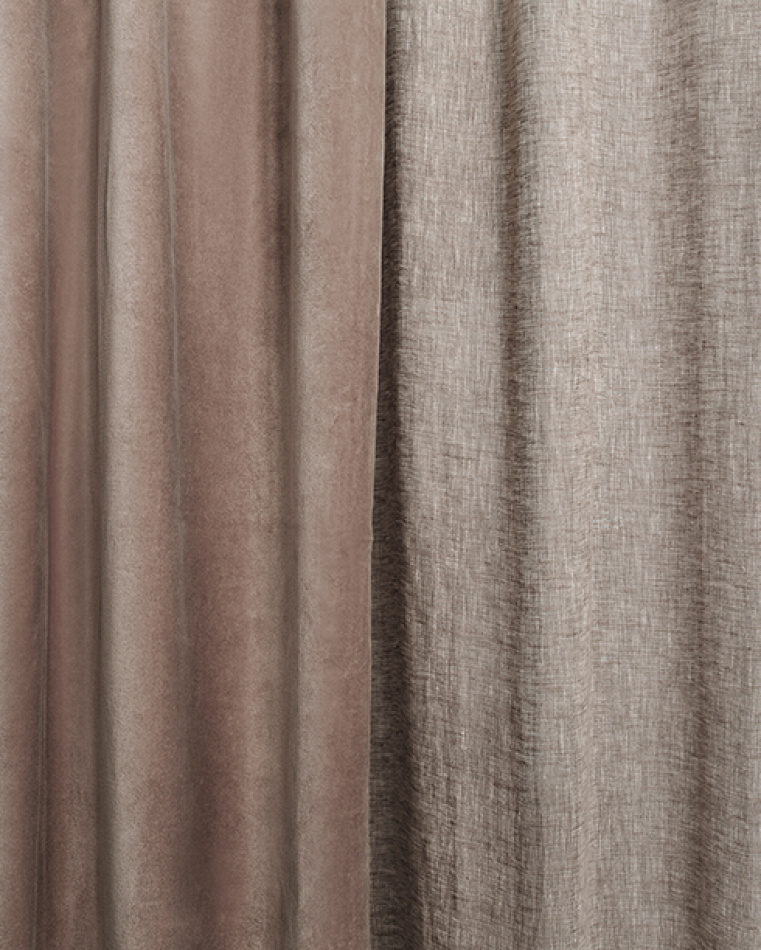
EDITORIAL
Our stories.
LINUM’s editorials are a collection of information, inspiration and motivating reports. This is where we delve into the facts about our products and our different ranges. We complement LINUM’s own images with those of others and let industry personalities, interior stylists and customers, etc. work with LINUM’s product groups for greater variety and fresh ideas. Our editorials are split into recurring headings, which aim to generate recognition and provide an overall picture of our curated content. The material is produced exclusively for LINUM with the aim of constantly developing, educating and encouraging creative styling. Based on our desire to create products that can be used for many generations, we also hope to contribute to a genuine and lifelong joy of interior design.
OUR GUIDE

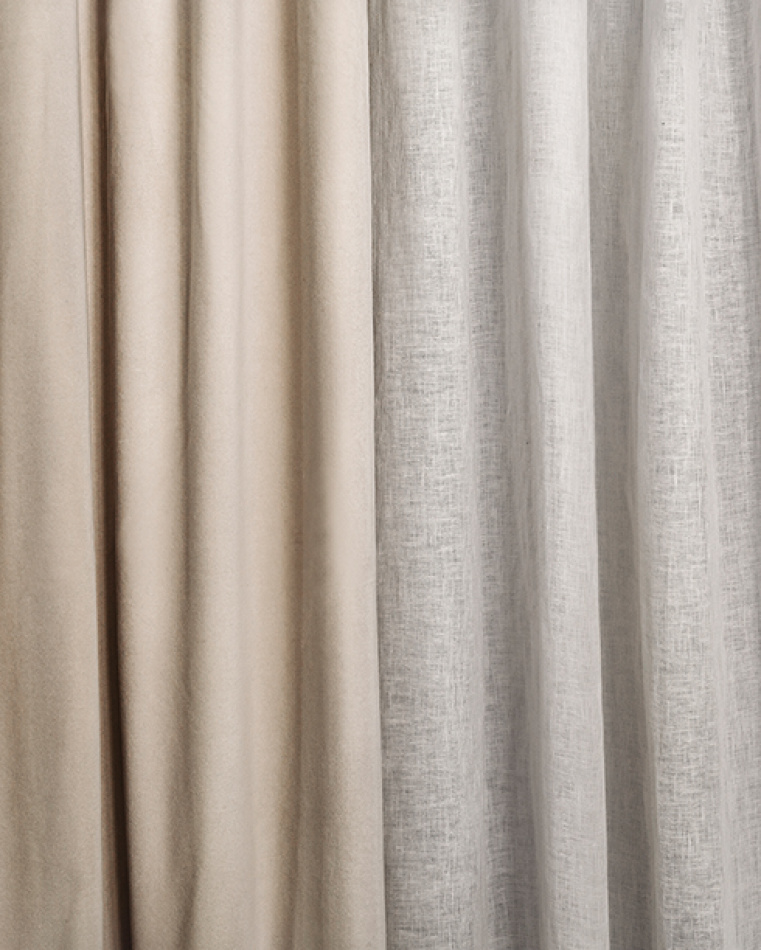
LINUM’s curtain guide; part 2.
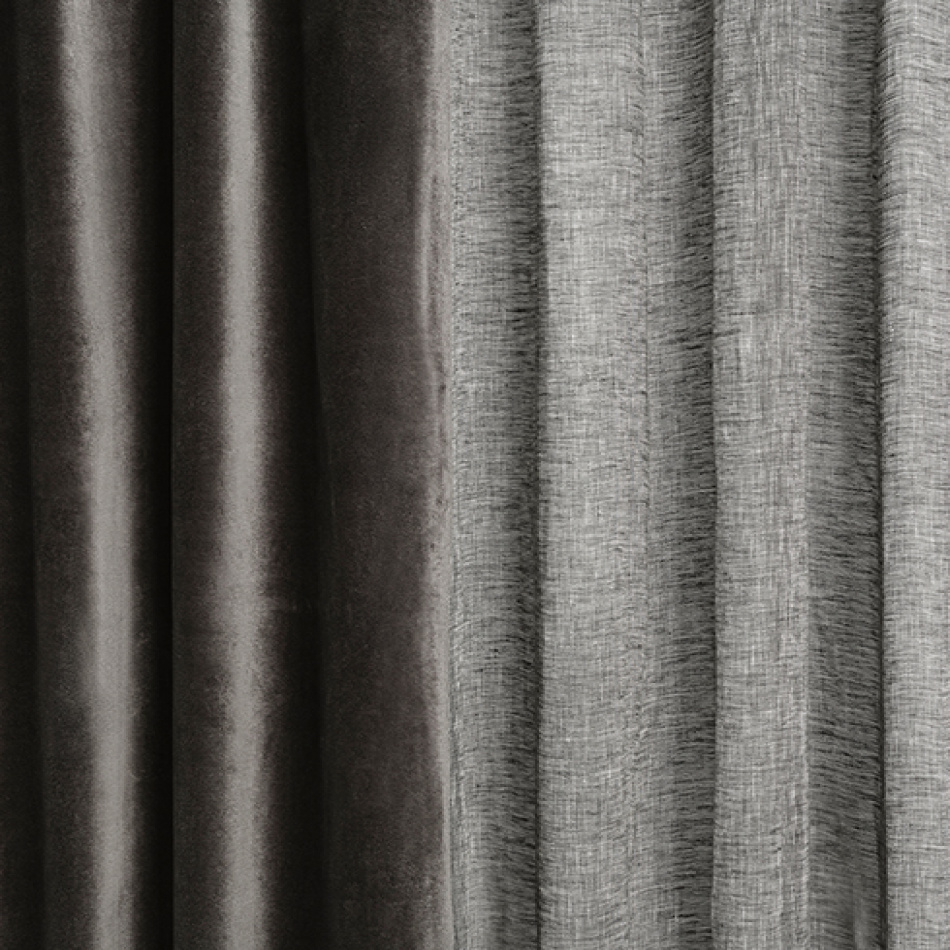
LINUM’s curtain guide; part 3.

How to style your cushion covers.
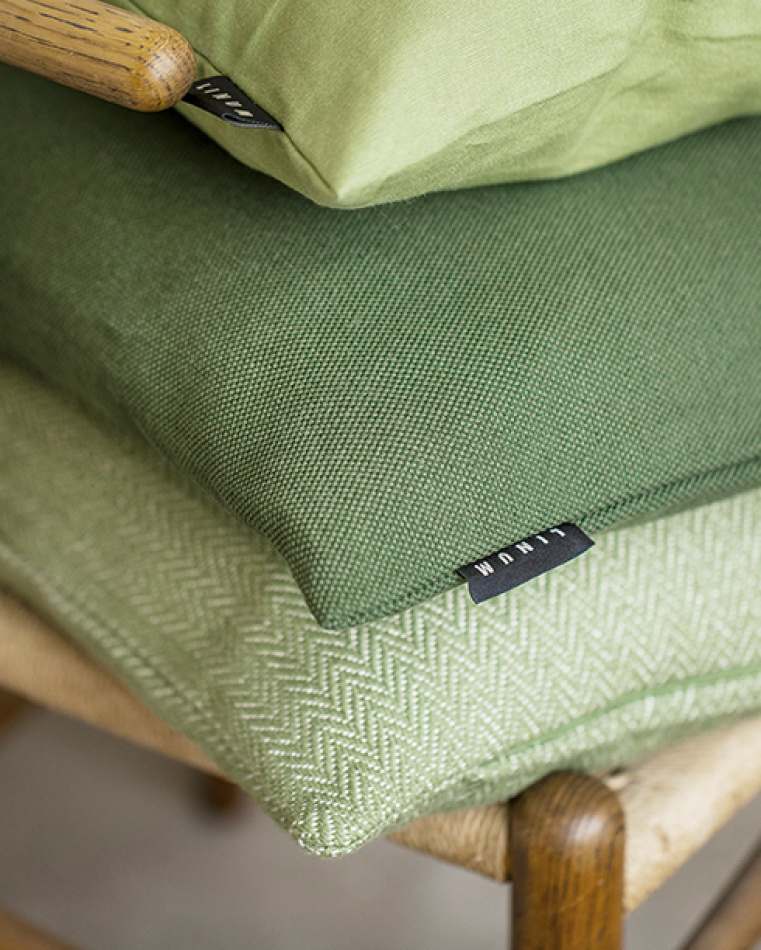
One color, one code.
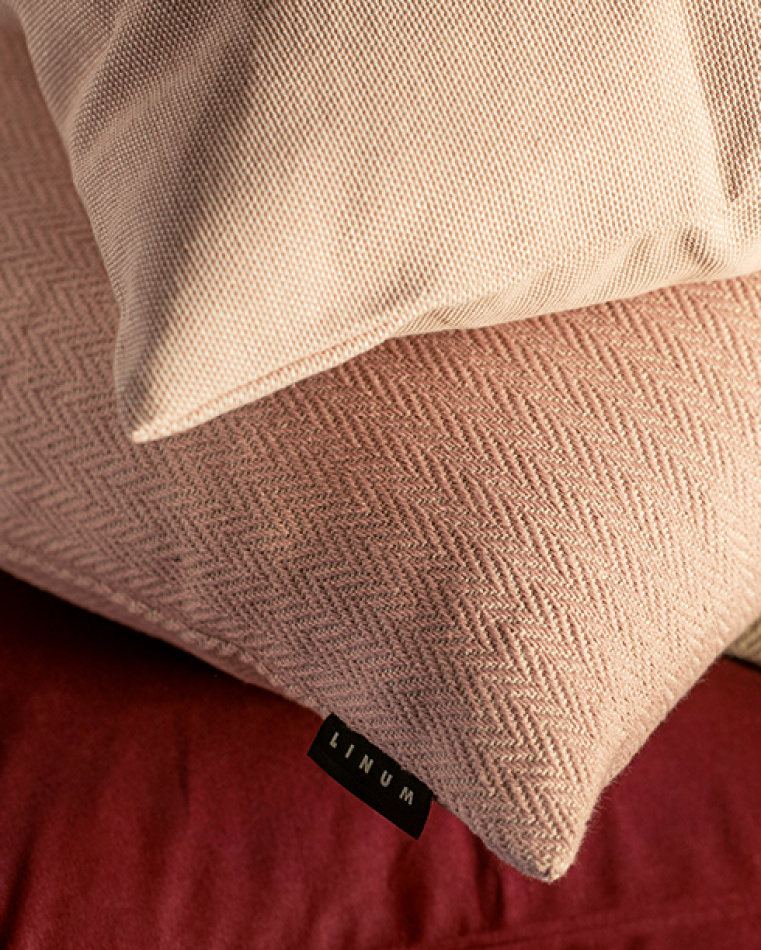
LINUM’S cushion inserts.
LINUM’S INTERPRETATIONS
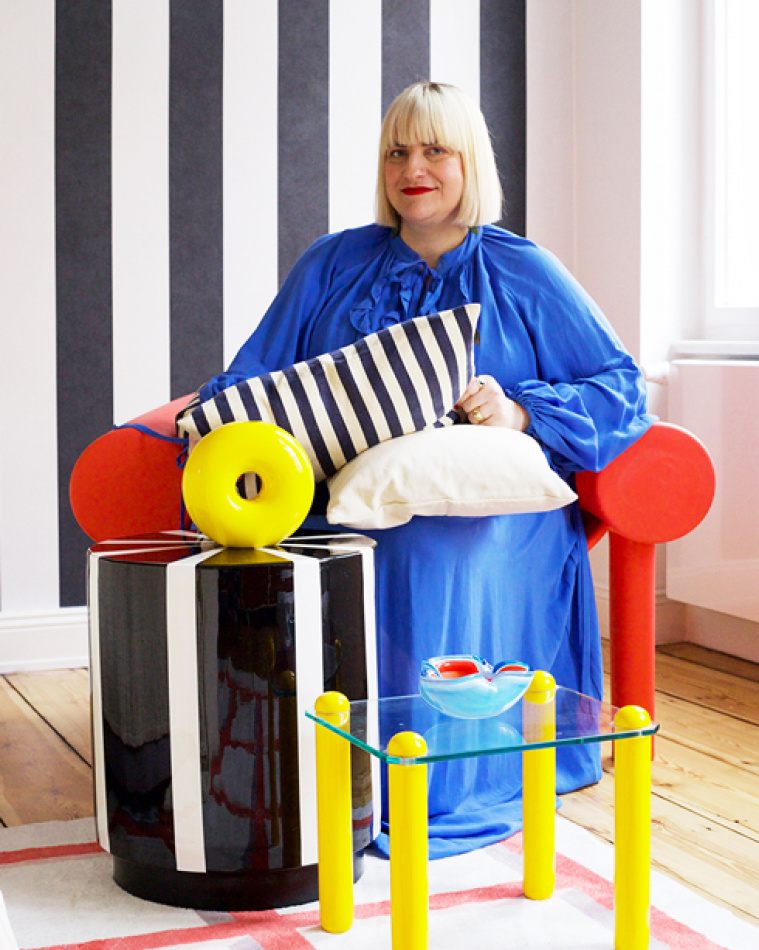
Kersy Loves Color interprets LINUM.

Fanny Hamlin interprets LINUM.
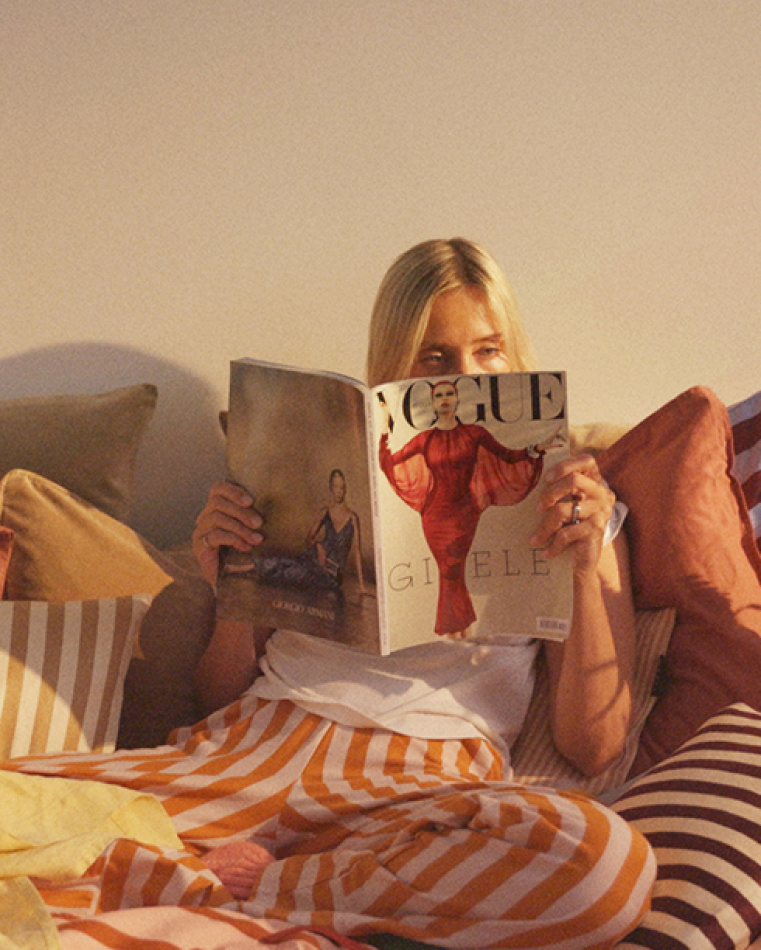
Christina Breeze interprets LINUM.
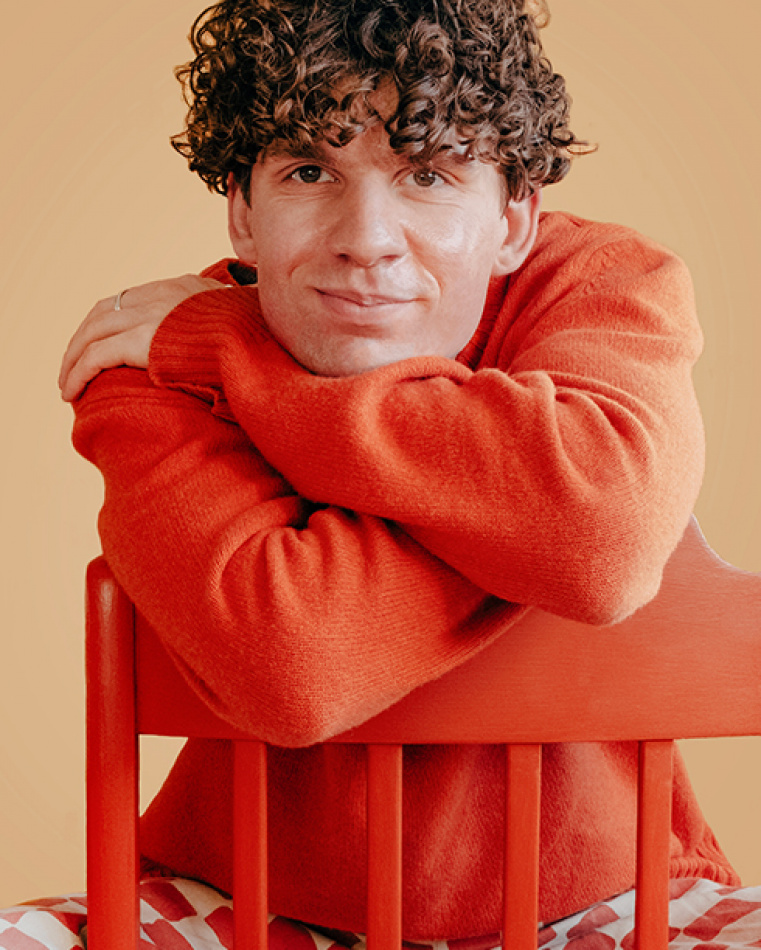
Sebastian Bergström interprets LINUM.
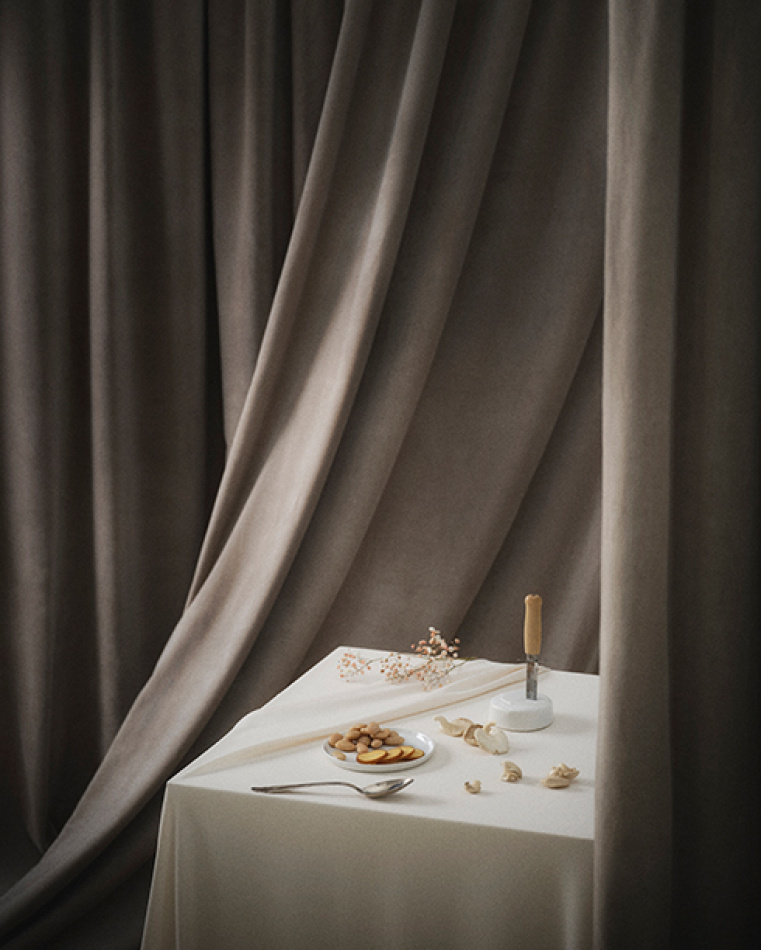
Papini & Gantelius interprets LINUM.

Slotte & Borg interprets LINUM; 2
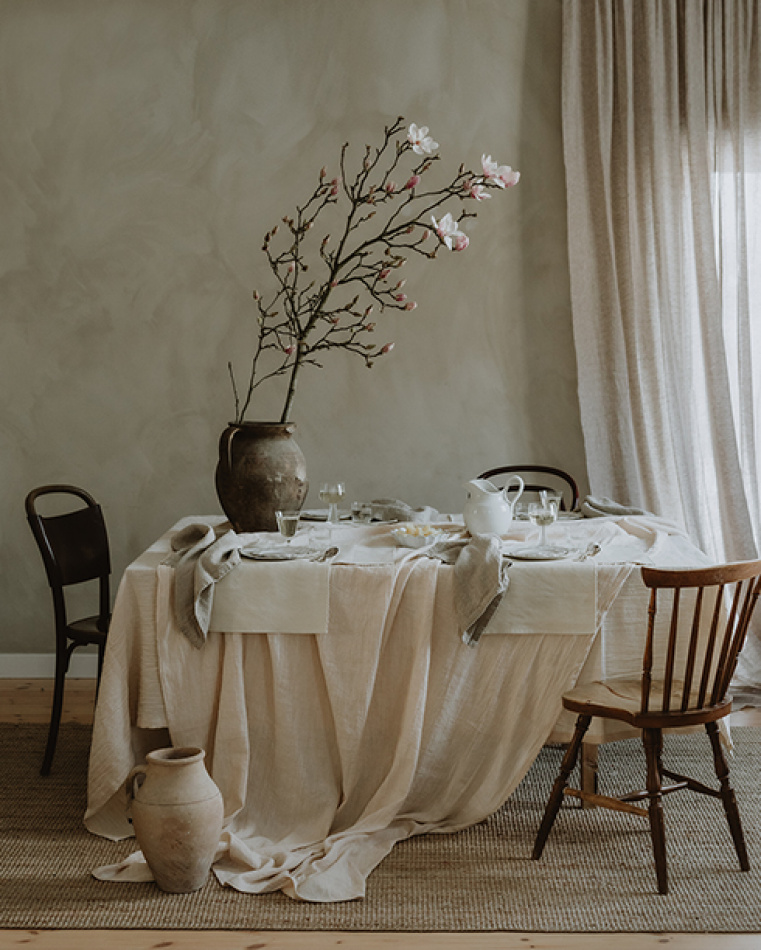
Slotte & Borg interprets LINUM; 1
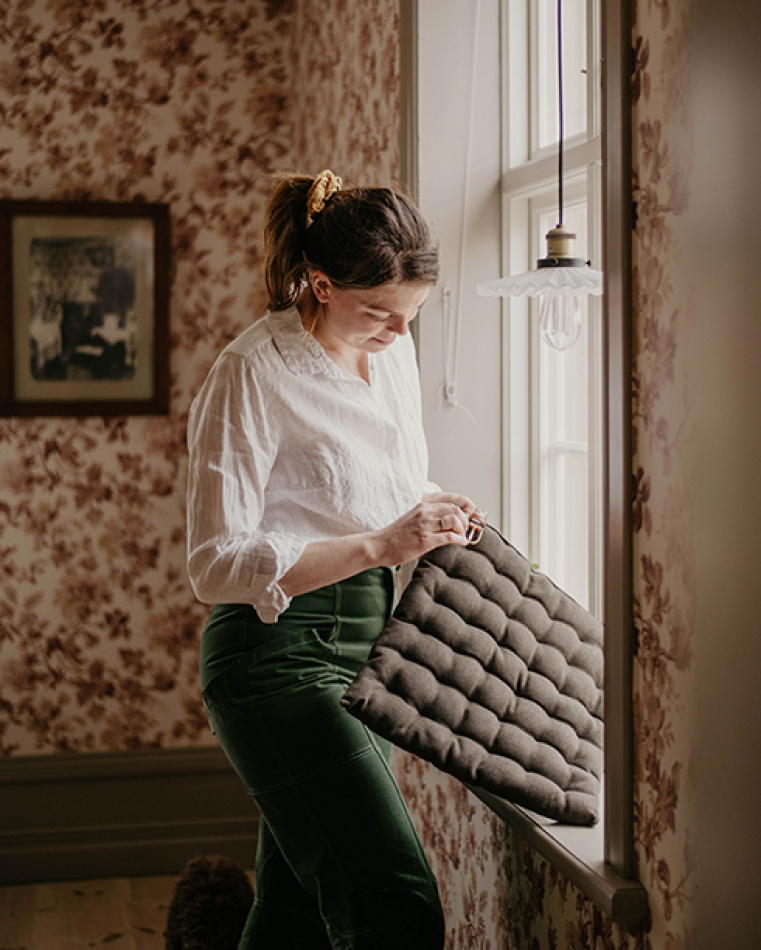
Johanna Berglund/Snickarglädjen interprets LINUM.
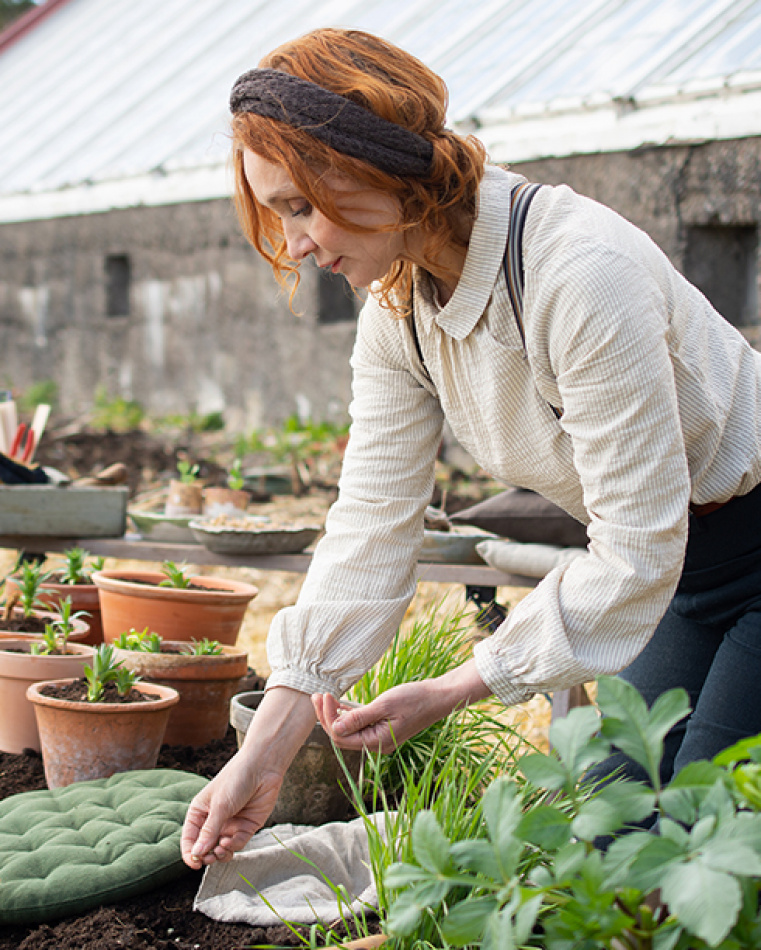
Linda Schilén interprets LINUM.
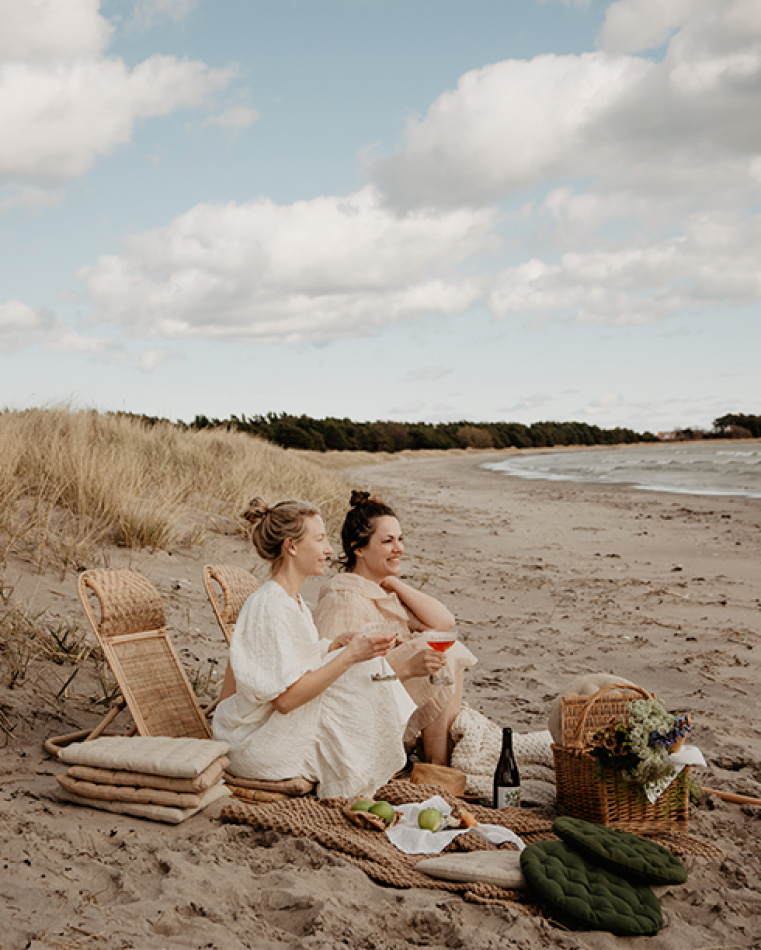
Sundberg & Johansson interprets LINUM.
LINUM EDITORIAL
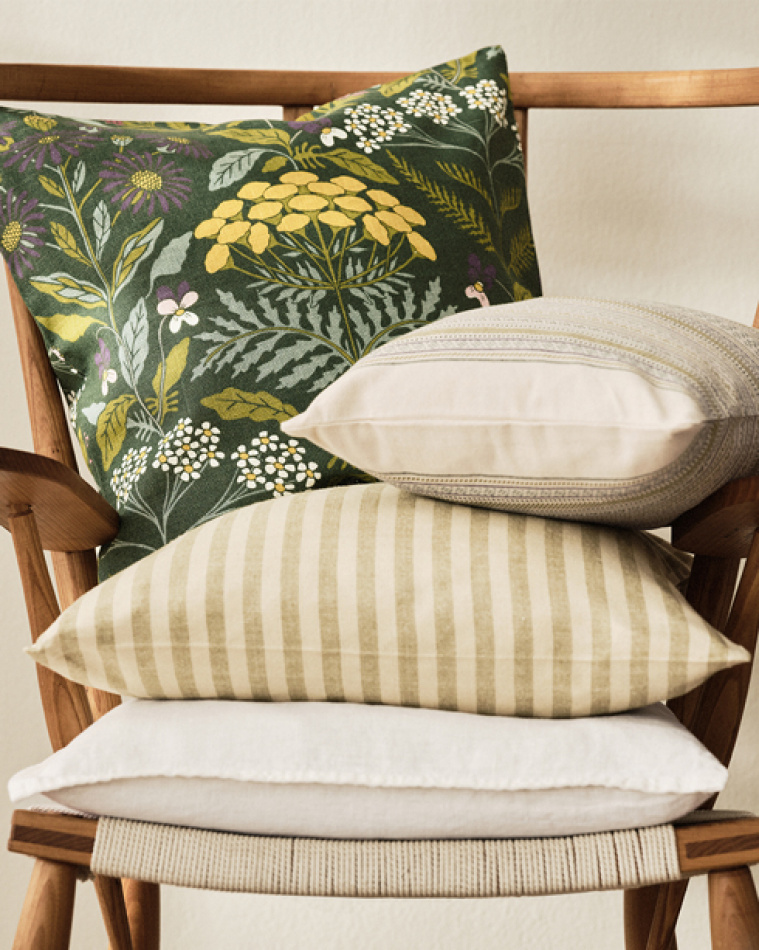
LINUM relaunches MIDSUMMER pattern.
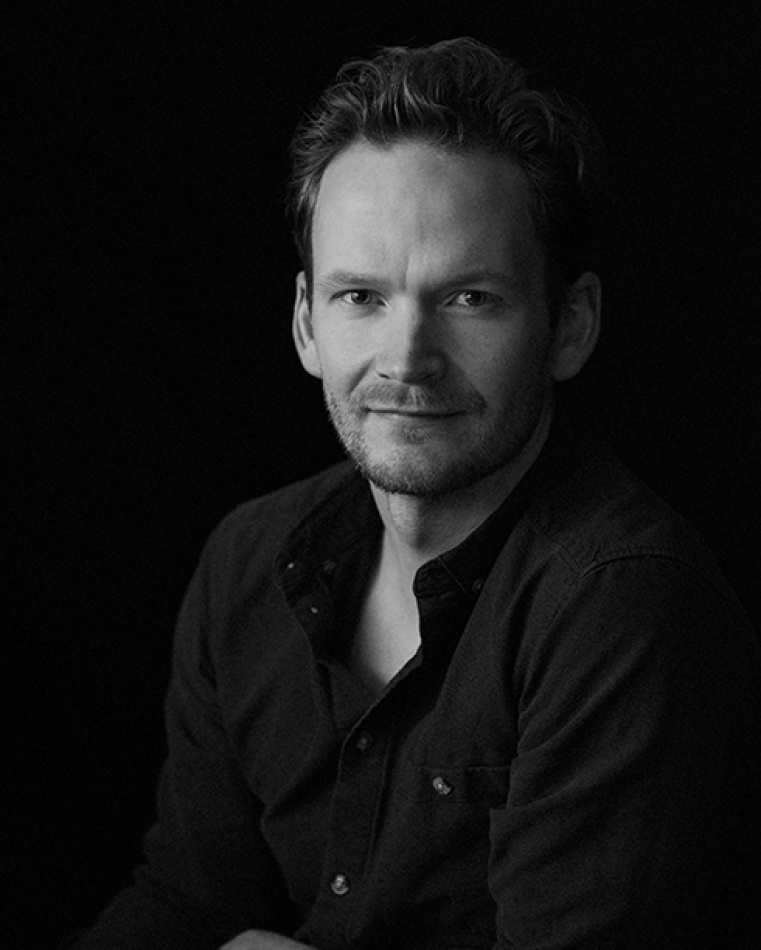
LINUM meets: Ragnar Ómarsson.

LINUM meets: Linnéa Salmén.
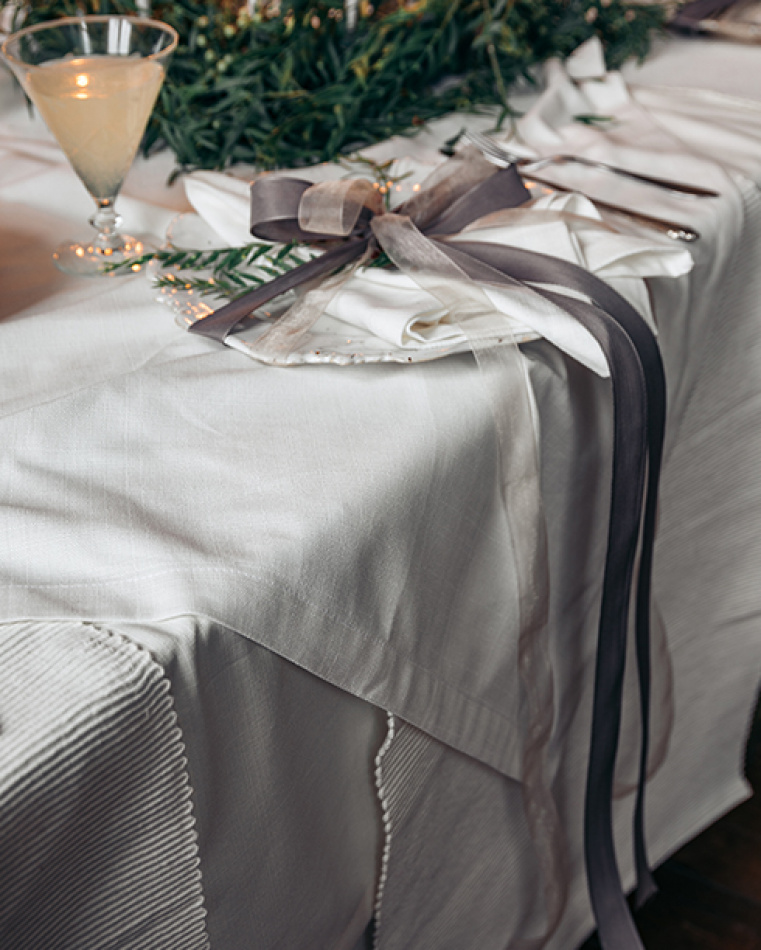
The return of the tablescape.

Bring PEPPER out.
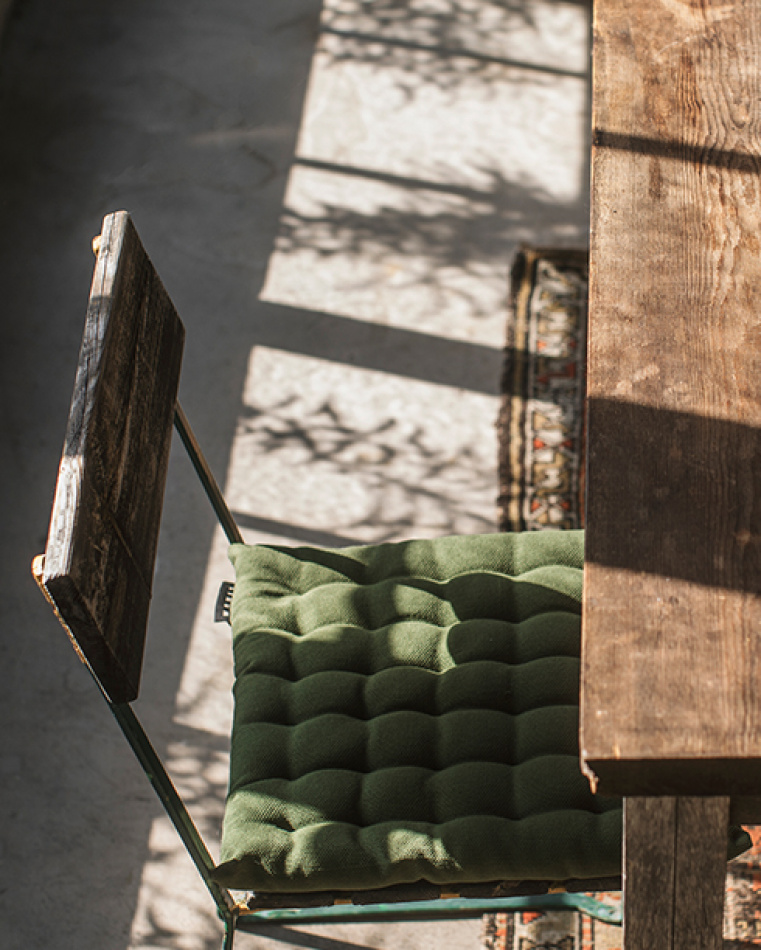
Pre summer with PEPPER.
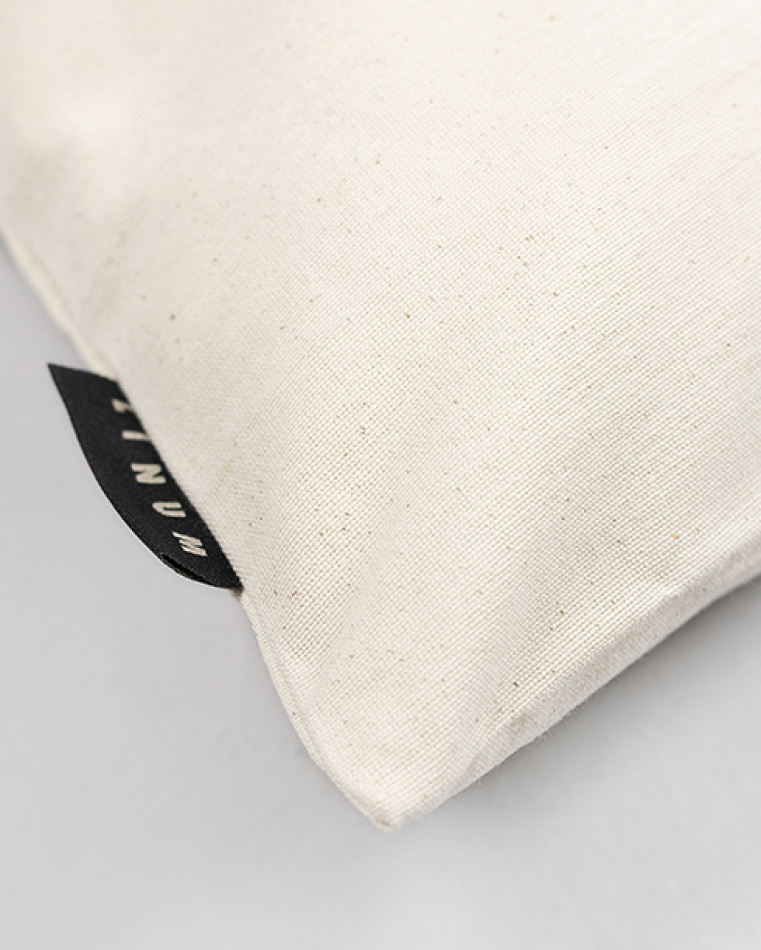
Find ANNABELL on Amazon.
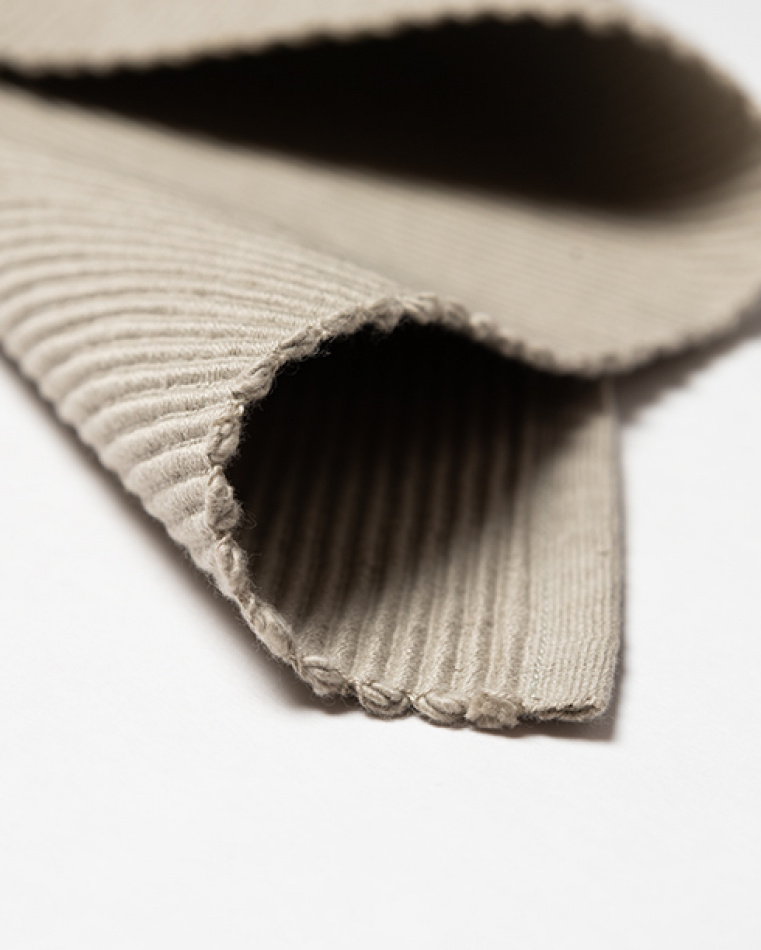
Find UNI on Amazon.
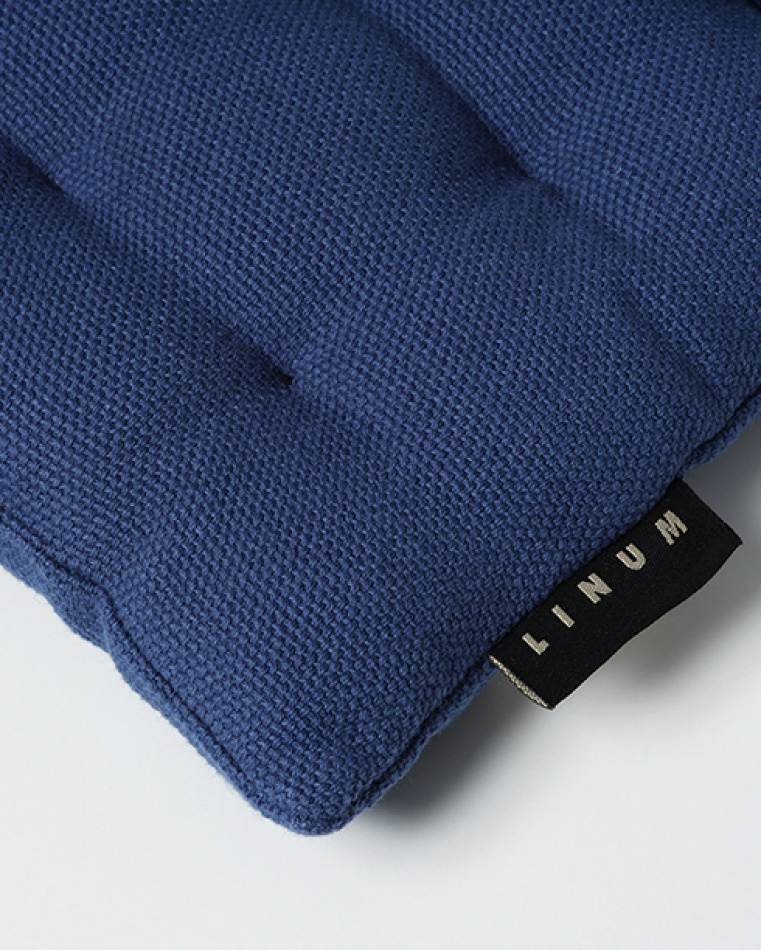
Find PEPPER on Amazon.
